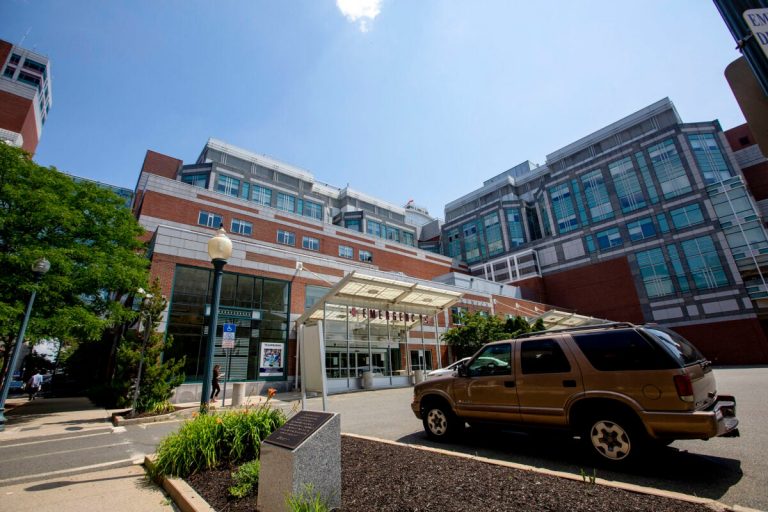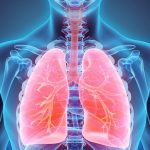A single-shot vaccine for COVID-19 being developed by a group of scientists, led by Beth Israel Deaconess Medical Center (BIDMC) immunologist Dan H. Barouch, has proven successful in tests on primates and could begin phase 3 trials as early as September.
The results of the tests on the vaccine, developed at BIDMC in collaboration with Johnson & Johnson, showed that it promoted creation of protective antibodies and built on the team’s previous results. It is published in the journal Nature.
“This vaccine led to robust protection against SARS-CoV-2 in rhesus macaques and is now being evaluated in humans,” said Barouch, who is director of BIDMC’s Center for Virology and Vaccine Research as well as the William Bosworth Castle Professor of Medicine at Harvard Medical School (HMS) and a member of the Ragon Institute of Massachusetts General Hospital, MIT, and Harvard.
Beth Israel Deaconess Medical Center immunologist Dan Barouch and his team have been working on the development of a COVID-19 vaccine since January. Rose Lincoln/Harvard file photo
The vaccine uses a common cold virus, called adenovirus serotype 26 (Ad26), to deliver the SARS-CoV-2 spike protein into host cells, where it stimulates the body to raise immune responses against the coronavirus.
Barouch has been working on the development of a COVID-19 vaccine since January, when Chinese scientists released the SARS-CoV-2 genome. The team developed a series of vaccine candidates designed to express different variants of the SARS-CoV-2 spike protein, the major target for neutralizing antibodies.
The researchers then conducted a study with 52 adult rhesus macaques, immunizing 32 with a single dose of one of seven different versions of the Ad26-based vaccine, and giving 20 animals placebo doses as controls. All vaccinated animals developed antibodies.
The work was done by Barouch’s lab and collaborators from BIDMC; the Ragon Institute; Janssen Vaccines & Prevention, a research arm of Johnson & Johnson; Massachusetts Institute of Technology; the University of North Carolina; and Boston Children’s Hospital.
Six weeks after immunization, all animals were exposed to SARS-CoV-2. All 20 animals that received the placebos became infected and showed high levels of virus in their lungs and nasal swabs. Of the six animals that received the optimal vaccine candidate, Ad26.COV2.S, none showed virus in their lungs, and only one animal showed low levels of virus in nasal swabs.
“Our data show that a single immunization with Ad26.COV2.S robustly protected rhesus macaques against SARS-CoV-2 challenge,” said Barouch, who is also a co-leader of the vaccine working group of the Massachusetts Consortium on Pathogen Readiness. “A single-shot immunization has practical and logistical advantages over a two-shot regimen for global deployment and pandemic control, but a two-shot vaccine will likely be more immunogenic, and thus both regimens are being evaluated in clinical trials. We look forward to the results of the clinical trials that will determine the safety and immunogenicity, and ultimately the efficacy, of the Ad26.COV2.S vaccine in humans.”
Investigators at BIDMC and other institutions have initiated a first-in-human phase 1/2 clinical trial of the vaccine in healthy volunteers. Kathryn E. Stephenson, assistant professor of medicine at HMS and associate member of the Ragon Institute, is the principal investigator for the trial at BIDMC, which is funded by Janssen Vaccines & Prevention.
Pending clinical trial outcomes, the vaccine is on track to start a phase 3 efficacy trial in 30,000 participants in September.
Funding for the project came, in part, from the Department of Health and Human Services Biomedical Advanced Research and Development Authority. Additional support was supplied by Janssen Vaccines & Prevention BV, the Ragon Institute of MGH, MIT, and Harvard, the Mark and Lisa Schwartz Foundation, Massachusetts Consortium on Pathogen Readiness, and the National Institutes of Health.



